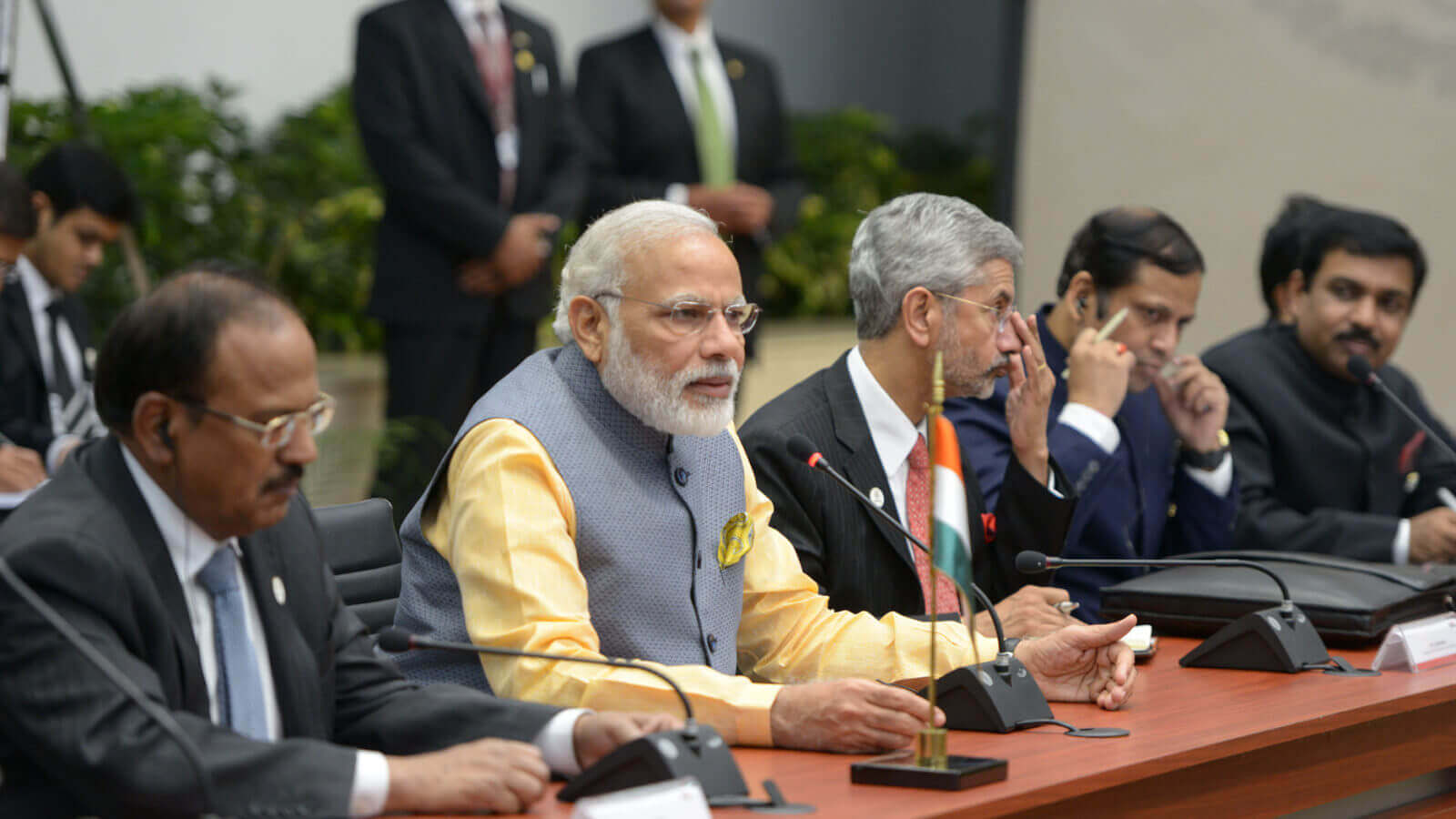In a recent report titled “India’s Foreign Affairs Strategy” published with Brookings India, India’s former Foreign Secretary and National Security Advisor, Shivshankar Menon, argues that Indian foreign policy needs to “change its ways and stops wasting time on peripheral issues”. Technology issues, atomic energy and cybersecurity, climate change, energy security, and traditional hard security issues, need to be prioritized over status goals, he argues. He believes that “Modi’s goal of making India Vishwaguru won’t transform lives of Indians”. While I entirely agree with the need for economic reforms and a deeper consideration of India’s security interests, the relegation of “status” as a secondary goal meant to satisfy the needs of “national egos” is short-sighted. For example, status is quite inseparable from materiality. The Vajpayee government’s decision to test nuclear weapons was as motivated by protecting India’s security interests in the region as it was by the need to project an international image. Similarly, promoting India as a democratic and inclusive country has delivered crucial FDI flows, and enabled a recalibration of the Indo-US relationship after the end of the Cold War. Does the Indo-Pacific only signal US strategic interests, and not represent India’s revised status in international society?
Moving forward, India’s status projection is likely to play a key role in two aspects. The first is with respect to social acceptance in great-power elite clubs such as the U.N. Security Council. Unless India “acts” like a great power and is “accepted” as one by its peers, it is unlikely to gain a formal seat at the global high table. These considerations are not straightforwardly linked to material power. Status is a social good. What matters more than whether you can quantitatively establish your great power status by stockpiling armaments or improving weapons technology, is whether other actors in the international realm perceive you to be a great power. Material attributes are certainly an essential part of this consideration, but they do not act in a social vacuum. For instance, while the the US was a great power in material terms even prior to World War I, it did not begin to play a preeminent role in world politics until after it ditched its policy of isolationism that was instituted under Roosevelt. For Modi’s India, demonstrating a firm commitment to shared values, responsible leadership, and the stability of the international system, through discursive signaling and diplomatic effort is necessary if it is to play a prominent role in shaping the global security infrastructure.
Secondly, status signaling is important to establish legitimate leader-follower relationships. In terms of gaining allies and balancing China’s rise in the region, India does not have recourse to equal economic or material instruments. The Quad plus arrangement, as an effective counterweight to China, requires the followership of smaller states. It is important to remember that during the Cold War, Western military alliances such as ANZUS, SEATO, CENTO all failed because of the inability to capture the “nationalist” imaginations postcolonial states in Asia. Taking cues, since India cannot offer material incentives that match China’s heft, it has so far sought to offer an alternative leadership model. India projects a democratic, consensus-driven, and inclusive alternative to China in the Indian Ocean Region. Thus, without status signaling, India’s larger interests in the region–which include subjects like energy, technology, cybersecurity, etc.–may be compromised. On this front, however, what is still required is a more comprehensive set of dialogues between New Delhi and regional stakeholders, and a consequently emergent normative vision that can offer stability in an increasingly ambiguous strategic environment.
During the Covid-19 pandemic as well, by leveraging its huge capacity for pharmaceutical manufacturing, technical medical capabilities and food production, India has augmented its image as a responsible stakeholder and provider of global public goods. None of these arguments discount the salience of foreign policy goals that Shivshankar Menon has most lucidly articulated. But, for a rising power, whose material power and leverage vis-à-vis other important stakeholders in the system is constantly improving, it is vital to assure the “status-quoists” of its peaceful intent. This is a task that China, for instance, has spectacularly failed at due to its behavior in the South China Sea region, and on the Sino-Indian border. Becoming a Vishwaguru does not distract from, but facilitates India’s rise. It indicates the type of great power India wants to be–a leader not a hegemon.
Image Source: DNA India
Why “Becoming a Vishwaguru” Matters to Modi and India’s Foreign Policy
A short reply to India’s former Foreign Secretary, Shivshankar Menon.
May 20, 2020

